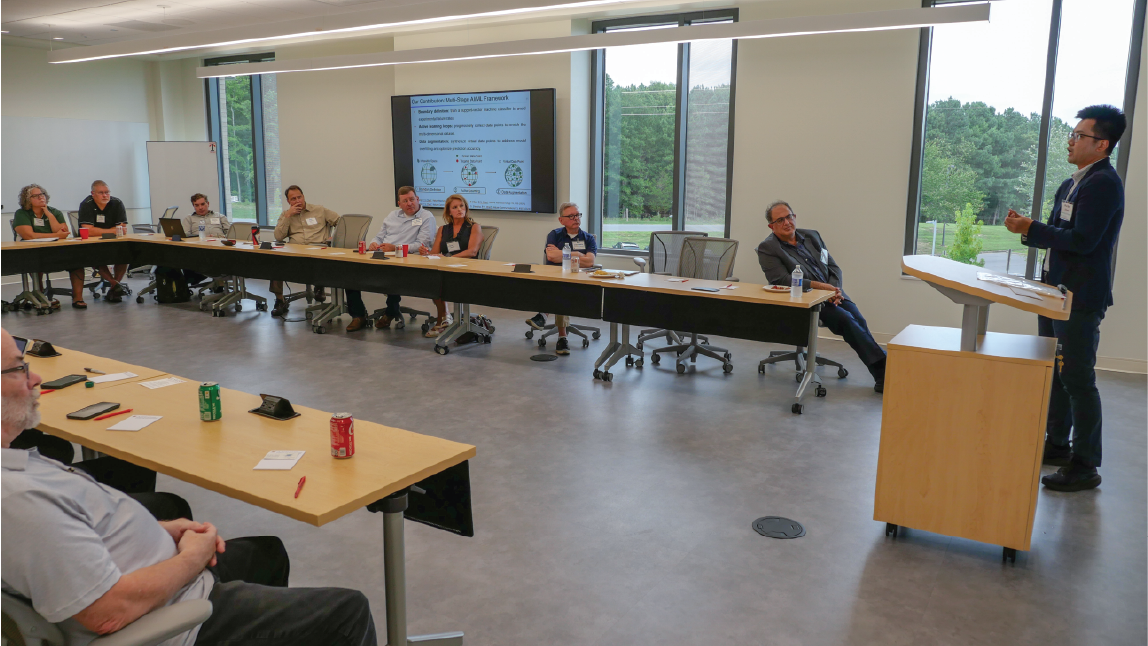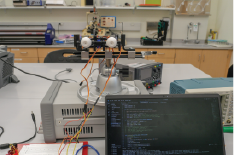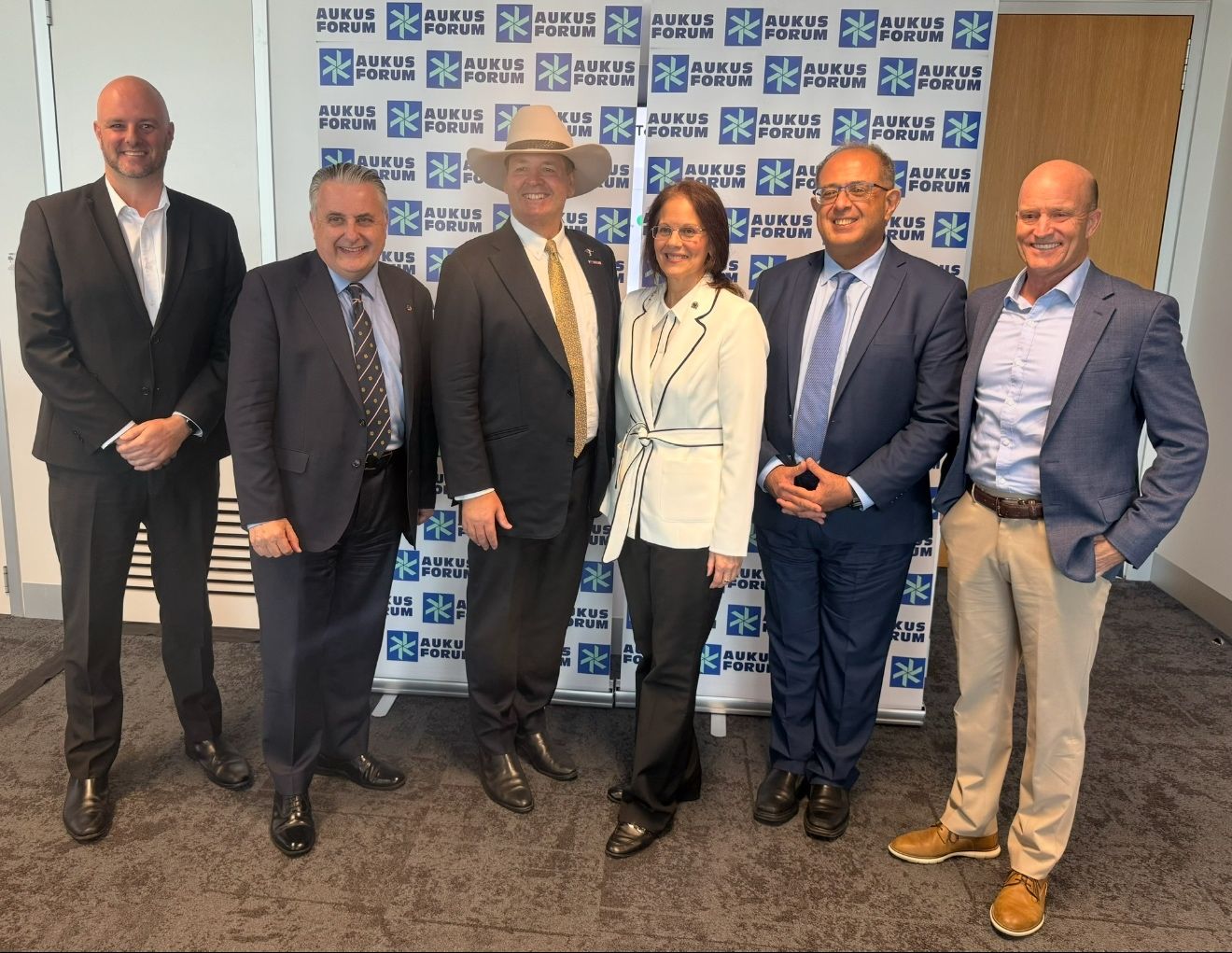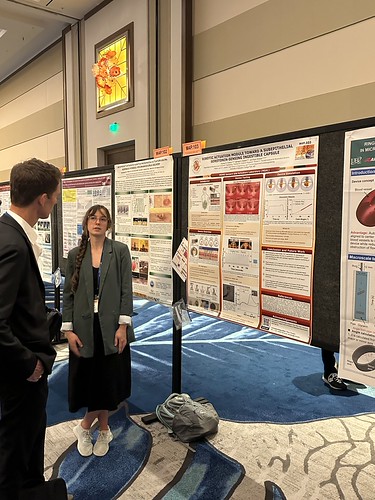News Story
Augmented Reality Improves Healthcare, Traffic - Even Shopping
Dr. Ming Lin is working on changing the way we experience health care.
Dr. Lin, a Barry Mersky and Capital One Endowed Professor with the Department of Computer Science at the University of Maryland, presented her research at the MATRIX Lab's September 4 Evening@SMART event.
She explained how she is using augmented reality - the same technology that powers well-known games like Pokémon GO and popular social media features like Snapchat filters - to build a metaverse for healthcare.
“Ultimately, what we really want to do is capture the real world so that we can transcend the boundaries between the physical and the virtual world. Then we can imagine a change,” Dr. Lin said.
When faced with a loved one’s prostate cancer diagnosis, she was motivated to find a way to proactively monitor people’s health.
Her research involves using images of organs to build renderings of those organs and identify their tissue properties. Factors including elasticity parameters and age are then run through a clinical classifier to determine if cancer cells are present. This method serves as an alternative to an invasive biopsy.
Healthcare is just one way to apply the technology. Metaverses provide a more accessible and affordable way to train students, scientists, and engineers. They can also be used to simulate changes to predict future outcomes, like observing how construction would affect traffic. It can even be used to help shoppers virtually try on clothes.
Metaverses are expected to become one of the most disruptive technologies over the next decade, but they aren’t easy to build. Many different kinds of data must be collected, including 3D models, audio, and video. Challenges include incorporating touch and rendering sound. Advancements in artificial intelligence and machine learning are making it easier to gather data and tackle these challenges.
In the discussion following her presentation, Dr. Lin discussed the usefulness and trustworthiness of metaverses.
Evening@SMART is a series of dynamic presentations and stimulating discussions focused on the technologies surrounding autonomy and autonomous systems. Members of industry, government, and academia are welcome to attend these events to listen to the presentations and share their thoughts and perspectives on the research.
Our next Evening@SMART presentation, “A Little Autonomy Goes a Long Way – Adaptive Circuits for Low SWaP Testing” by Dr. Pamela Abshire, will be on October 2. Register for the event here.
Published September 24, 2024







